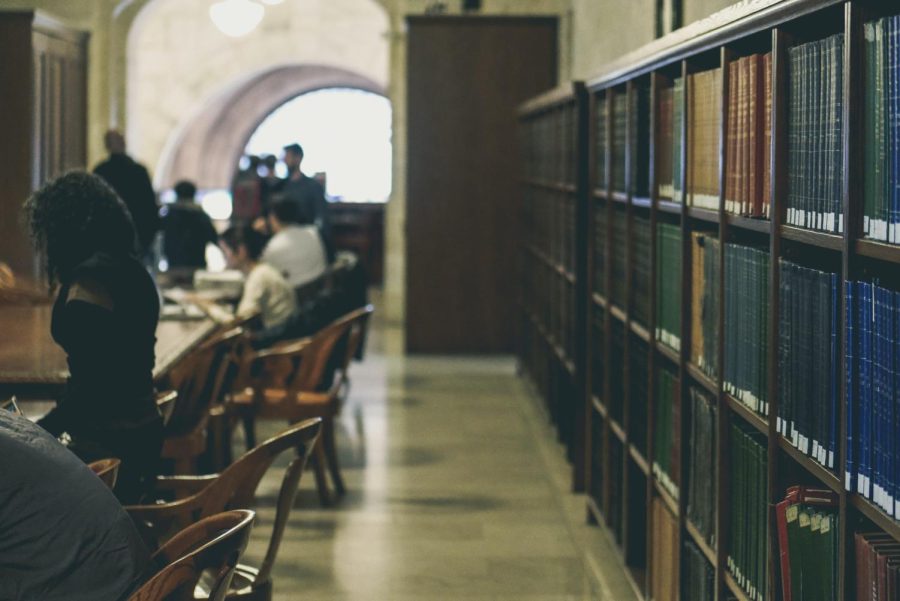Suppression of AP African American Studies
February 28, 2023
Thanks to the work of educators, historians, and scholars, College Board piloted a new Advanced Placement (AP) class this year: African American Studies (APAAS). However, what was supposed to be a revolutionary course about the experiences and contributions of African Americans has been met with considerable resistance from educational conservatives. While Arcadia Unified School District (AUSD) hasn’t implemented any policy limiting what can be taught or discussed in classrooms, some states and school districts have taken measures to limit discussions on race, gender, sexuality, and inequality. But these restrictions on classroom discussions are counterproductive: rather than improving education, they prevent students from understanding the roots of American history and the varied experiences that have shaped our country.
In January, the Florida Department of Education (FLDOE), backed by Governor Ron DeSantis, immediately denounced APAAS, stating it “could not be approved as written” because of how the content is “inexplicably contrary to Florida law,” citing the recently passed “Stop W.O.K.E. Act,” defining what Floridian classrooms can teach, and how APAAS “significantly lacks educational value.” Florida’s rejection of the APAAS course is based on a politically charged assertion about what should be taught to children, and raises several questions about the abuse of power in American education.
From a student’s perspective, the FLDOE’s decision is troubling. Our classrooms need engaging debates, important conversations, diverse curriculums, and greater cultural awareness; otherwise, students are confined to a singular worldview. School is meant to shape us into critical thinkers—topics that are complex or difficult to discuss are often the most important to promote a mature outlook on life. In the recent controversy, College Board has been accused of appeasing conservative governments due to removing certain key topics in the course–notably critical race theory and intersectionality—which, albeit controversial to some, are instrumental in understanding the perspective of African Americans.
This month, the College Board denied that the FLDOE had influenced any aspect of the course. Regardless, its decision to engage in a back-and-forth with Tallahassee reveals the influence partisan politics has over our education system; whether you’re a Democrat or a Republican, that’s something we should all be wary of. Even disregarding the APAAS course’s importance, the FLDOE’s move to restrict what students can learn is a serious educational setback. By vetoing Black history courses, Florida has detracted from a varied curriculum in favor of satisfying a particular political group’s agenda.
After all, classes such as APAAS aim to spread cultural awareness and foster a more diverse educational environment. The bottom line is our curriculum needs diversity; we need to enrich our curriculum with perspectives and experiences stemming from our nation’s egregious history. Allowing partisan politics to silence young voices on crucial topics will only impede our progress in promoting a more educated, informed nation.
Photo courtesy of UNSPLASH.COM

